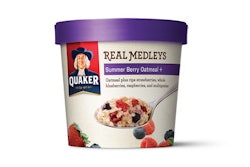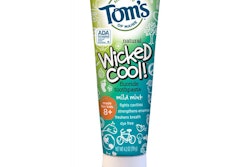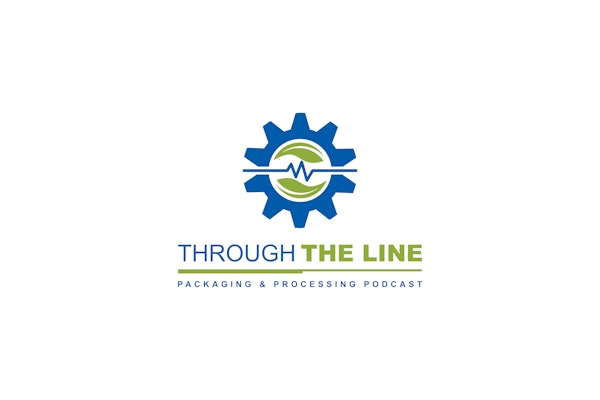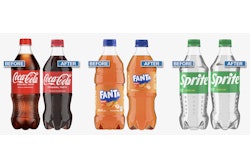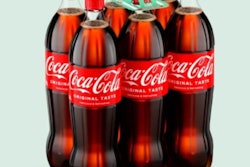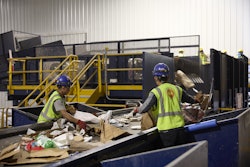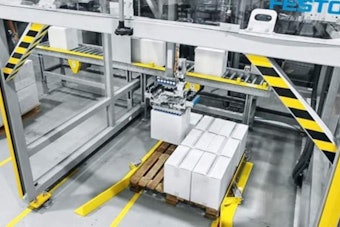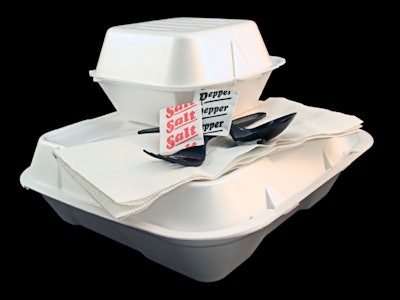
A press release from the American Chemistry Council relates that in late February, the San Jose [CA] City Council rejected a proposal to explore recycling of polystyrene foam foodservice packaging and instead moved to restrict its use by restaurants and other local foodservice operators.
Says the ACC, the move is at odds with the trend in California to increase PS foam foodservice recycling, including at curbside. Twenty-two percent of households in California—more than 8 million people—can recycle PS foam foodservice cups, plates, bowls, clamshells, and other containers at curbside, according to the ACC. There also are more than a dozen school districts and at least 15 community drop-off locations in California that recycle PS foam foodservice packaging. Similar programs do not exist for other foodservice and takeout packaging.
During the city council hearing, the ACC says that scores of local business people, including many restaurateurs, objected to the dramatically higher costs and the lower quality of alternatives to foam. They urged council members not to restrict the only foodservice packaging being recycled in California.
Some council members proposed exploring the feasibility of adding foam foodservice packaging to area recycling programs, which would remove more packaging from the waste stream and help reduce litter, ACC relates. But the council rejected the recycling proposal and instead directed its staff to draft an ordinance to restrict the use of these products.
ACC warns that if the proposed restriction is passed by the San Jose city council this summer, it would extinguish opportunities for recycling foam foodservice packaging in San Jose. Plastics makers have urged San Jose officials to reconsider.
“Restricting polystyrene foam foodservice packaging will not eliminate waste or increase recycling,” says Tim Shestek, senior director of the ACC in Sacramento. “Many people mistakenly believe that alternatives such as paper cups and plates are being recycled. However, there is no commercial recycling of these products.
“Recycling polystyrene foam used for foodservice and other packaging would increase supply of these recycled plastics and would divert more packaging from the waste stream. It’s already working elsewhere in California—why take a step backward?”
ACC relates that PS foam foodservice packaging:
• Makes up less than 1% of U.S. solid waste, according to EPA;
• Represents 1.5% of litter, according to a 2012 national litter review;
• Uses significantly less energy and water to manufacture than paper alternatives and creates significantly less waste by weight and comparable waste by volume, according to a 2011 life-cycle study; and
• Is two to five times less-expensive than alternatives.
More information on polystyrene foam foodservice products and recycling is available.


